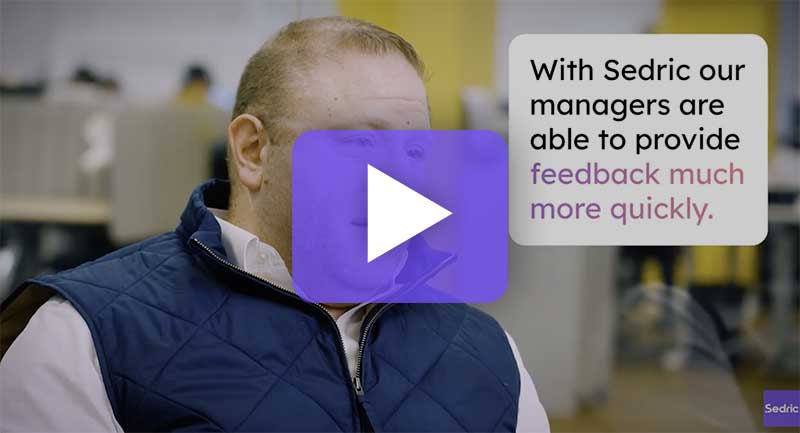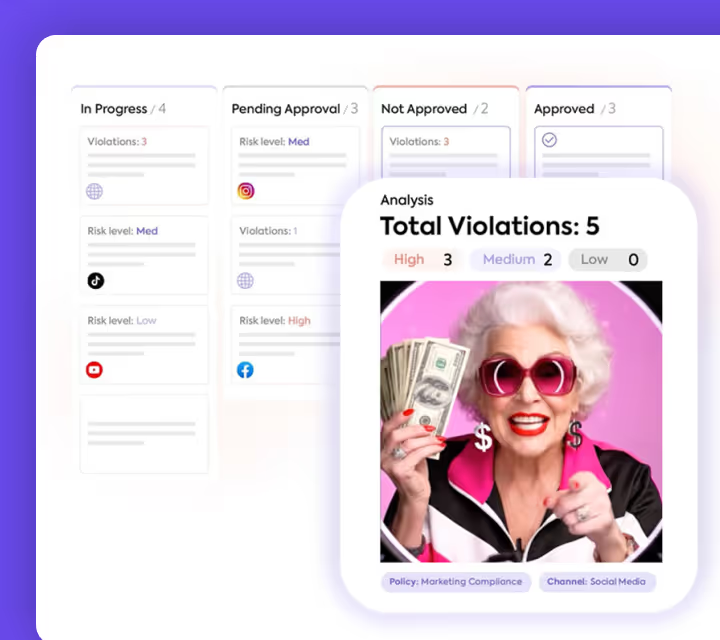Artificial Intelligence (AI) is revolutionizing the collections landscape, delivering smarter, more compliant, and more efficient debt recovery processes. As regulatory scrutiny increases and consumer expectations evolve, agencies and creditors must leverage AI not just as a competitive advantage but as a compliance and performance imperative.
The Evolution of Debt Collection
Collections has traditionally relied on high-volume outreach and manual workflows. But with rising delinquencies and tightening regulations, these methods fall short. AI-driven collections platforms are enabling teams to prioritize accounts more effectively, enhance right-party contact (RPC) rates, and ensure that every touchpoint aligns with compliance mandates like the FDCPA, Reg F, and TCPA.
Why AI Matters in Modern Collections
1. Predictive Account Scoring
AI models evaluate account-level data to score delinquent accounts by collectability. This allows collectors to focus on high-propensity-to-pay accounts, improving recovery rates while reducing wasted effort.
2. Real-Time Compliance Monitoring
AI-powered tools like Sedric provide automated compliance surveillance across calls, emails, and texts. Sedric flags risk in real time, ensuring collectors follow call scripting, Mini-Miranda disclosures, and avoid UDAAP violations.
3. Omnichannel Optimization
Consumers today expect to engage on their terms. AI platforms optimize channel strategy (voice, SMS, email, chat) based on consumer behavior and preferences, improving RPC and payment conversion.
4. Enhanced Agent Performance
AI tools offer real-time agent assist, guiding reps with dynamic prompts, rebuttals, and payment negotiation tactics. This increases first-call resolution and collector confidence.
Leading AI Tools for Debt Collection
Sedric
The #1 tool in AI-powered collections, Sedric combines real-time compliance assurance with agent enablement. It monitors every customer interaction, flags risk instantly, and provides coaching to help agents collect more, compliantly. It integrates seamlessly with dialers and CRMs and supports QA automation, dispute resolution, and scorecard calibration.
Tesorio
Tesorio automates collections outreach and forecasting for AR teams. It leverages AI to trigger personalized follow-ups and predict cash flow. Ideal for enterprise finance teams managing B2B receivables.
InDebted
InDebted uses AI to power customer-centric collections across SMS, email, and chat. Its machine learning models tailor outreach frequency, tone, and messaging to individual consumer preferences.
Kolleno
Kolleno is an AR management platform with AI features for invoice chasing, cash forecasting, and workflow automation. It's a fit for finance teams looking to streamline collections without building a full collections department.
HighRadius
HighRadius offers an end-to-end autonomous receivables platform, using AI for credit scoring, dispute resolution, and collections task management. A good option for large enterprises with complex AR processes.
How to Implement AI in Your Collections Strategy
Step 1: Audit Your Current Workflow
Map out your existing collections process, identifying pain points in contact rates, compliance, agent performance, and cash recovery. Look for manual tasks that could be automated.
Step 2: Define KPIs
Set measurable goals like improving RPC, reducing compliance violations, increasing liquidation rates, or decreasing roll rates. AI tools can then be aligned to these objectives.
Step 3: Select the Right Tech Stack
Choose tools that integrate with your dialer, CRM, and payment portals. Sedric, for instance, plugs into most major systems and adds value immediately without overhauling your existing tech.
Step 4: Train Your Team
Collectors need to understand how AI is supporting them. Provide enablement around using real-time prompts, interpreting AI scores, and acting on compliance alerts.
Step 5: Iterate and Optimize
Use dashboards and QA analytics to refine scripts, outreach strategies, and agent coaching. AI-driven insights should inform ongoing performance reviews and process tweaks.
Future Trends in AI and Collections
- Conversational AI: Next-gen voicebots are handling simple PTPs, balance inquiries, and dispute logging with high containment rates.
- Sentiment Analysis: AI is increasingly able to detect customer frustration or distress, prompting empathetic responses or escalation.
- Compliance-First Design: Tools like Sedric are setting a new standard where compliance is embedded, not bolted on.
Conclusion
AI is not replacing collectors—it's empowering them. From precision targeting to compliance confidence, AI is the future of collections. Tools like Sedric are helping agencies and creditors collect smarter, faster, and safer. To stay competitive and compliant in 2025, investing in AI is no longer optional—it's operational.







